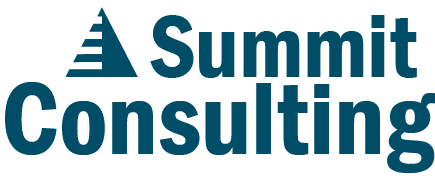Gordon Tredgold posted an article on LinkedIn about what he wishes he had known before he had become a leader. He gave an example of an incident that occurred at his first meeting. A woman at the table blurted out and said, “I have a lump in my breast, I think it’s cancer and I don’t know what to do.” And then she burst into tears.
After freezing for a couple of seconds, Tredgold did the only thing he could do which was to show his concern, to try and comfort her and ensure that she would get the proper medical attention. Fortunately, it was just a lump but it was a clear wake-up call for him that he had a lot to learn.
Tredgold wrote about the following things he wished he had know before taking on his first leadership role that would have helped him be a better leader sooner. They are:
1. It’s All About The People.
It is so vital to know about how to engage and motivate people Leaders want their people to buy into the goals and visions that the leader sets.
2. Not Communicating Enough Is The Same As Not Leading Enough.
As a leader you have to communicate the vision, the goals, the purpose, their roles, and the progress being made. And you have to do this more than once, and also in more than one way.
As with teachers, there are many different communication and learning styles and we have to make sure our message gets to each one of the people. Good communication helps build connection, engagement, and understanding all of which are keys to success.
3. Everyone Wants To Be Successful, And It’s My Job To Facilitate That.
If you can put people in a position where they can be successful, then the majority of people will take that opportunity. We must put people in a position to be successful!
4. The Importance of Creating Belief.
Most people are not afraid of hard work, they are afraid of failure. If they cannot see or understand how success will be achieve, or if they believe that success is not possible, then many will quit at the first sign of trouble. We must explain to the people how success can be achieved and support them if needed. We need to work on creating belief in themselves, and also us as leaders. Do that and the team will become excited and will look to move mountains.
5. The Power of Recognition.
As leaders, we do need to become chief recognition officers, because recognition, in my experience, is one of the critical building blocks in creating high performing teams. But it starts at the beginning of the journey not at the end.
6. Influence is More Important Than Power.
Influence gives the leader the power to get things done. We cannot force anyone to do anything, especially follow us. We have to show them that we are the right person to lead, not because we were given a title, but because we have good knowledge, good character, a good network, a good reputation and a good worth ethic.
7. Being Vulnerable Build Trust.
When you are self-protective, it alienates people. By being vulnerable, admitting to mistakes, owning our faults and telling the team that they know more than us, especially on technical topics, that actually builds trust, a stronger connection with your team and that makes us better leaders. We are just as human as anyone else.
